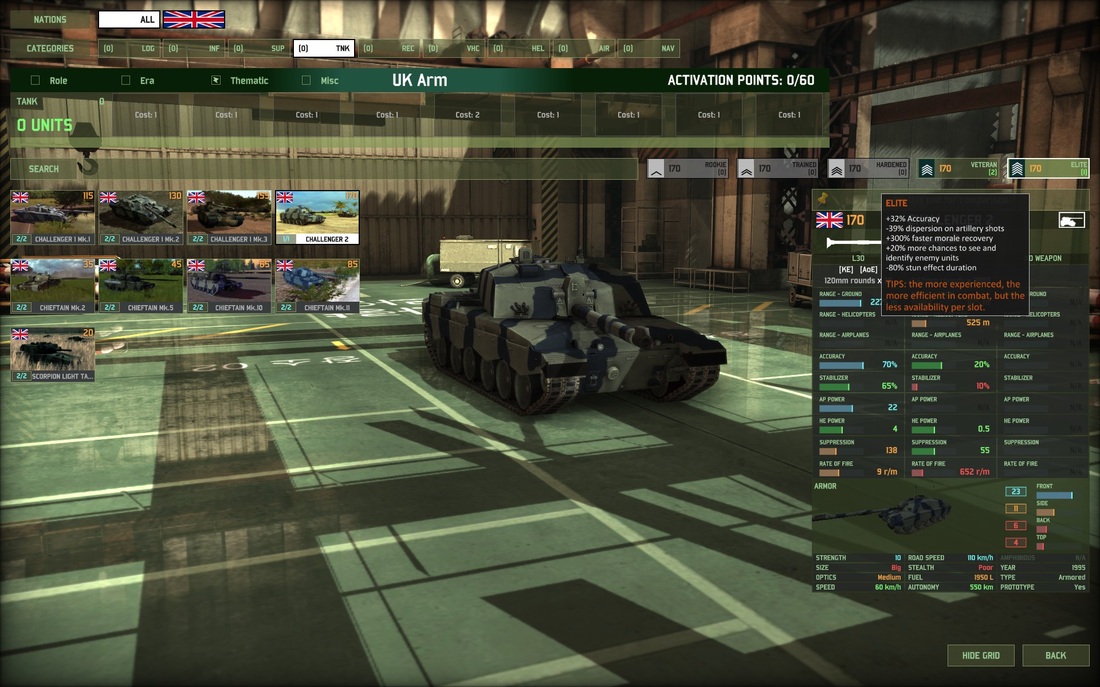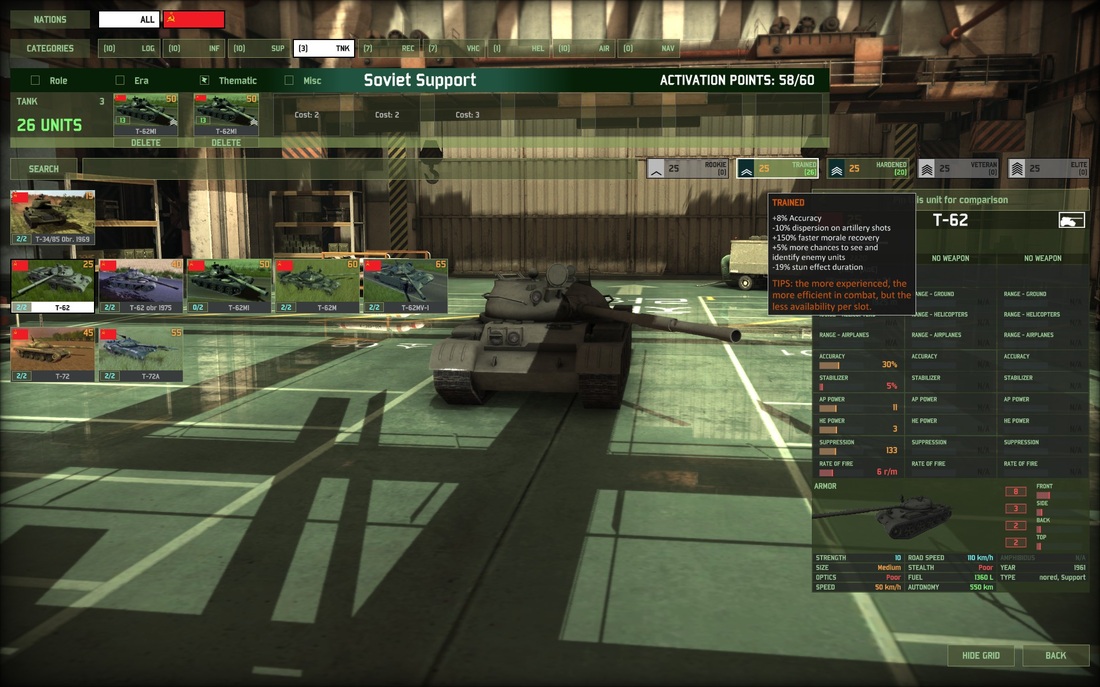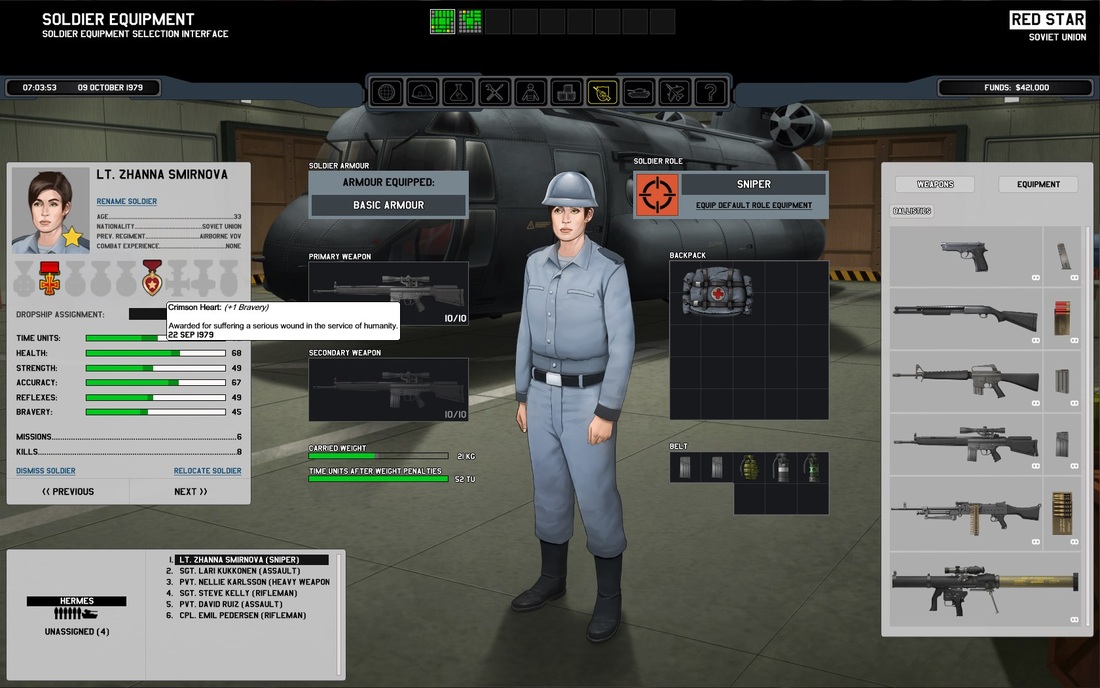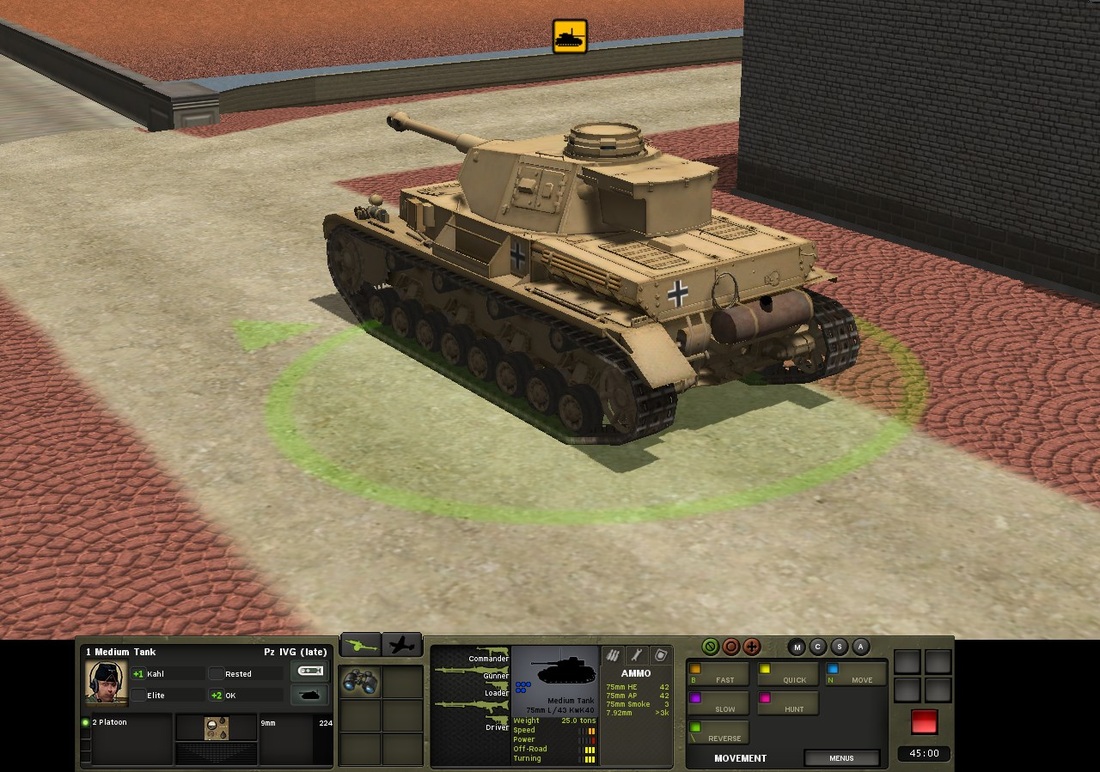In less simulation heavy RTS games, units are cookie-cutter copies, who follow your orders unthinkingly with no fear and no hesitation. When they can gain experience, the skills like those mentioned above are abstracted into small boosts to stats - better speed, higher health, more damage. But even an elite light tank is never going to compete with a raw heavy tank, because these games don't simulate enough detail to allow it (no weaker side/rear armour to be exploited, no surprise attacks or ambushes, etc). And this is understandable, or it might detract from the value of the real elite unit here, which is that heavy tank. It's not elite by virtue of experience, but through the player's efforts to gather the requisite resources and unlock the right technologies. And usually economy is central to these games, rather than tactics - while a well managed army will defeat an equal enemy with mediocre leadership, ultimately no amount of micromanagement and tactical genius will let those elite light tanks win against equivalent numbers of late game heavy tanks.
In Wargame, your units do gain experience during the battle, but how you've built your deck and the balance of experienced vs. less experienced units is more important. I think this brings out the feeling of elite units much better than in most RTS games, but you still aren't generally going to end up recognizing particular units (even though they have individual names) unless they're in one of those rarer vehicles.




 RSS Feed
RSS Feed